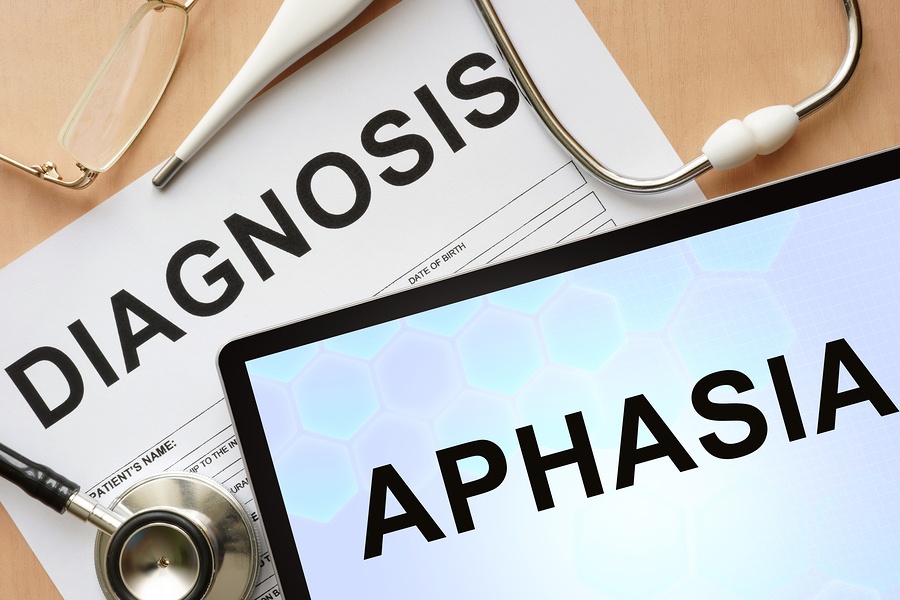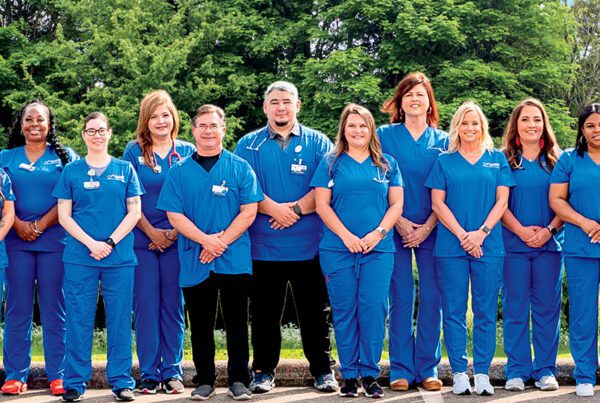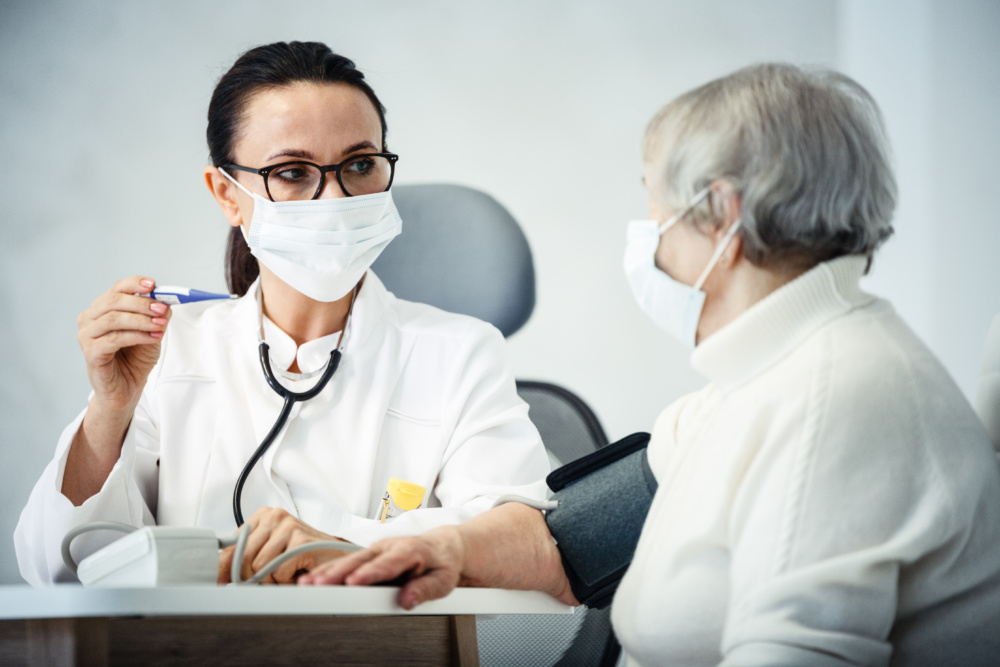Imagine being able to easily read the local newspaper or a popular magazine, but then struggling to read a child’s book aloud. For a person with aphasia, this wouldn’t be unusual.
Aphasia is a communication disorder that impairs a person’s ability to process language, but it doesn’t affect intelligence. Aphasia can weaken the ability to speak, understand others, read or write. The disorder results from damage to portions of the brain that are responsible for language. It affects about 1 million people in the United States, the majority because of strokes.
“A person’s communication abilities depend on the type of aphasia and the level of severity,” says Leticia Morales, a speech-language pathologist at Corpus Christi Rehabilitation Hospital. “Symptoms can range from mild to severe. Some people with aphasia may have minor problems finding words to communicate complex messages, while other may have lost the ability to read or write. But regardless of the severity, most find it frustrating to not be able to communicate like they did before their stroke or brain injury.”
The good news, however, is that aphasia symptoms often can be improved through a collaborative team approach with speech-language pathologists, family members and professionals such as doctors, nurses, neuropsychologists and other therapists.
It affects about 1 million people in the United States, the majority because of strokes.
“Most physical gains can be made in the first six months following a stroke,” Morales says. “But, aphasia has a life-long impact on stroke survivors. It’s important to have ongoing support that allows a person with aphasia to continue practicing communication strategies, explore resources, be encouraged, and to learn how to best navigate life as a stroke survivor.”
Morales says the goal of aphasia treatment at Corpus Christi Rehabilitation Hospital is to impact patients’ quality of life by improving their confidence to communicate in various situations, and to increase their willingness to try activities they once thought they could never participate in again.
“I’ve seen great results first-hand,” Morales says. “I’ve watched stroke survivors paddle canoes, complete wood working projects, bike, and participate in archery, all things they thought they’d never do. It’s exciting to see stroke survivors making such accomplishments, but probably mine, and their, biggest satisfaction is in just being able to sit down together and communicate.”







Recent Comments